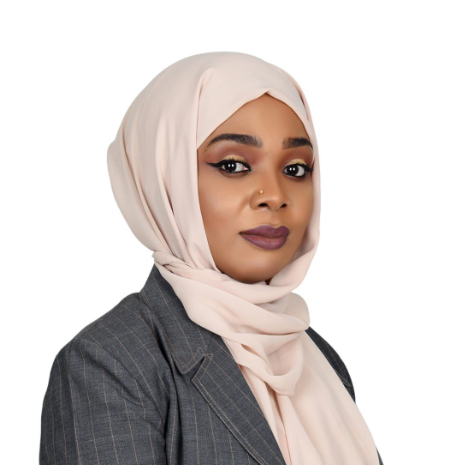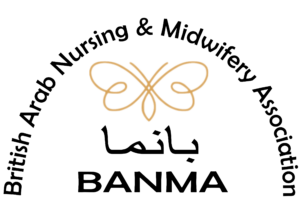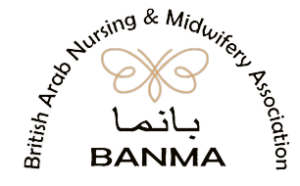“Have a good holiday,” my friend said to me “. I said, “Thank you, but it’s not a holiday.”
11 March 2024 marked the start of Ramadan this year. It is one of the holiest months for Muslims, where they abstain from eating and drinking during daylight hours, for the next 29-30 days. Fasting (or Sawm) is one of the five pillars of Islam, together with the five daily Prayers, (Salah) giving Charity (Zakat) and performing Pilgrimage, (Hajj). Ramadan is also a month in which the revelation of the Qur’an (Holy Book) was first revealed to the prophet Muhammad (Peace be upon him), and through this month, Muslims change their focus on renewing their spiritual commitment, self-discipline, and practice. I remember when I first started fasting and my parents would kindly teach me the importance of Ramadan, why we fasted each year and what it meant for Muslims around the world. As a child, fasting wasn’t compulsory but seeing my parents and siblings’ excitement and preparation for the holy month always caught my attention. Now as an adult I share the same feelings. It is amazing to see Ramadan being so broadly celebrated and shared, and even inspiring to see a sincere interest in people wanting to learn more .
So, what does it mean for me?
For me, Ramadan is an extraordinary and holistic approach for my spiritual, emotional, and physical wellbeing.
It can equally be challenging, not being able to drink anything (including water) or eat any food. At first, it was not easy for my body to change its normal routine. Especially my morning coffee routine before starting morning shift as a nurse. I would normally have my coffee, instead I must get up earlier before sunrise to eat food or (Suhoor) and have my cup of coffee before al Fajr prayer at sunrise. My fasting lasts until sunset, which means there’s no lunch or snacks. Instead, I use this time to read the holy Qur’an and pray. This year we break our fast between 6-7pm.Daily we have five calls to prayer, and when the evening call to prayer is made it is then we must break our fast, drink and eat (IFTAR). It is better to break your fast with dates and water, again this is a sunnah (tradition), to emulate the way the prophet Muhammad (Peace be upon him) broke his fast, before you get to feast on your meals with plenty of food with family and friends.
It is my second Ramadan in United Kingdome, but when I was back home in Dubai with my family, me and my sisters would cook and prepare meals to distribute to the poorest in our community. Ramadan is known as the month of giving; the rewards for charity and generosity are multiplied in this month together with becoming more empathetic and caring. Also, there is the acts of charitable donations, known as Zakat, is one of the disciplines encouraged during Ramadan. It’s these changes that allow me to build a stronger relation with Allah (God).
When Ramadan ends there is a big festival called ‘Eid’, a day filled with changing of gifts and the food table is filled with a variety of dishes. Coming from a big family, it is important for me to be around my family but as an overseas nurse it is not the same as I don’t have the opportunity to hold all my nieces, nephews, siblings and grandparents. So, this I miss being in the UK without them. So being a BANMA member is important for me as it is a community.
After Ramadan I try to refocus and spend more time to fuelling my mental and physical health and spend time reflecting on my faith. This year, I am blessed that I witnessed another Ramadan, but this time amongst my friends and colleagues in UK. Ramadan Mubarak, (this is what we can say to all those who are celebrating Ramadan).
Tips to support your colleagues who are fasting Ramadan:
- Be aware. Fasting may sometimes have an impact on energy levels when it is joined with long nights spent for worship.
- Be flexible. It can be helpful to be flexible when arranging meetings or duties before or after breaking their fast.
- Be inclusive. Be part of Ramadan awareness campaign to understand the impact of fasting for anyone in your workplace.


 © BANMA 2024 All Rights Reserved Please contact us for further support
© BANMA 2024 All Rights Reserved Please contact us for further support 